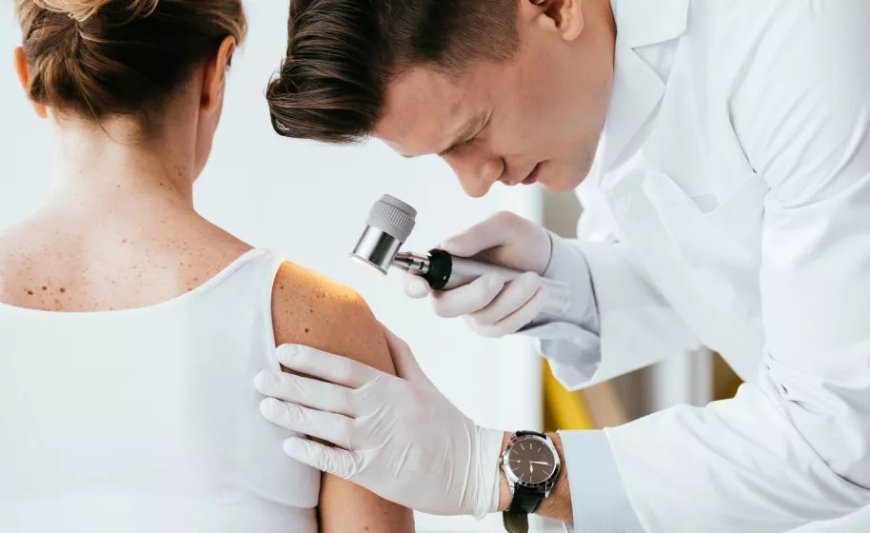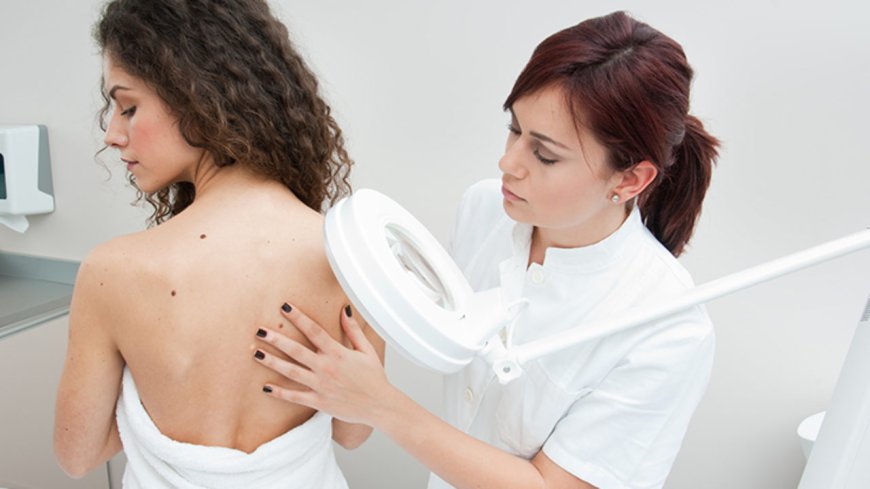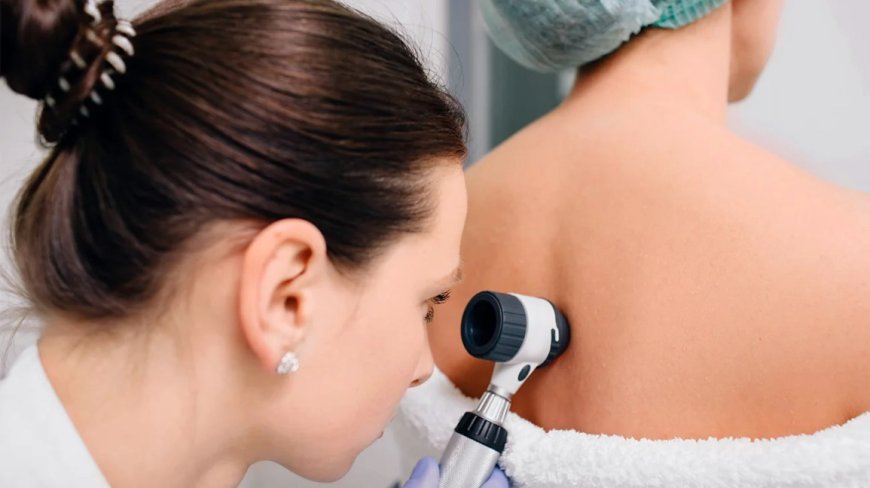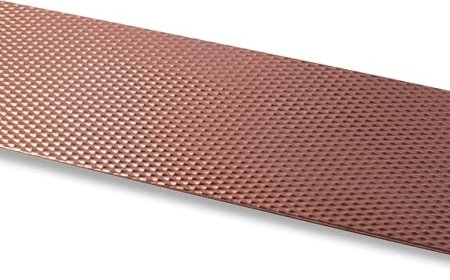Can Dermatologists In Dubai Treat Skin Infections?

Dubai, a city known for its cutting-edge healthcare system and luxurious lifestyle, also offers world-class dermatological services. Among the many questions people have when considering a visit to a skin specialist in the UAE is, "Can dermatologists in Dubai treat skin infections?" The short answer is yes—but let’s explore how, why, and what to expect when seeking care. If you're looking for solutions to skin infections, finding the Best Dermatologist in Dubai can make all the difference in your treatment journey.
Understanding Skin Infections
Skin infections are more common than most people think. They can be caused by bacteria, viruses, fungi, or parasites. These infections range from mild irritations like athlete’s foot or ringworm to more severe conditions such as cellulitis, herpes, or even chronic fungal infections that don't respond to over-the-counter treatments.
In a fast-paced, hot, and often humid environment like Dubai, the risk of skin infections is slightly elevated. Sweat, close contact in gyms or pools, and exposure to dust can all contribute to the spread of these conditions. It's crucial to recognize early signs—redness, swelling, itching, pus, or warmth in the affected area—and seek professional help before the infection spreads or worsens.

What Dermatologists in Dubai Can Do
Dermatologists in Dubai are trained to handle a wide spectrum of skin issues, including infections. With access to modern diagnostic tools and labs, they can quickly identify the type of infection you have and determine the best course of treatment. Here's what typically happens during a visit:
1. Comprehensive Diagnosis
The first step is always a thorough evaluation. Dermatologists examine the infected area and may take samples—such as skin scrapings or swabs—to be analyzed. These tests help identify the exact microorganism causing the infection, ensuring precise treatment.
2. Personalized Treatment Plans
Once the type of infection is confirmed, a tailored treatment plan is created. For bacterial infections, antibiotics (topical or oral) are usually prescribed. Fungal infections may require antifungal creams or pills. Viral infections, such as herpes simplex, might be treated with antiviral medication. In chronic or recurring cases, dermatologists may also explore underlying causes like immune system imbalances or hygiene issues.
3. Advanced Technology and Therapies
Dubai's healthcare landscape is renowned for its state-of-the-art technology. Dermatologists often utilize laser treatments, phototherapy, or cryotherapy for specific skin conditions, especially when conventional treatments don't work. This advanced care ensures faster recovery and minimizes the risk of scarring or recurrence.
4. Prevention Guidance
Beyond just treating the condition, dermatologists educate patients on prevention. This might include skincare routines, advice on hygiene, dietary changes, and avoiding specific triggers. Preventive care is especially important in a city like Dubai, where environmental factors can influence skin health.
Common Skin Infections Treated in Dubai
Here are some skin infections commonly treated by dermatologists in Dubai:
-
Bacterial Infections: Impetigo, folliculitis, cellulitis.
-
Fungal Infections: Ringworm, athlete’s foot, candidiasis.
-
Viral Infections: Herpes simplex, warts, molluscum contagiosum.
-
Parasitic Infections: Scabies, lice-related skin issues.
Each of these conditions requires a distinct approach, and professional care ensures not only effective treatment but also minimal discomfort and complications.
Why Choose a Dermatologist in Dubai?
The dermatology sector in Dubai is well-regulated, ensuring that practitioners are highly qualified and adhere to international medical standards. Here’s why opting for a dermatologist in this city is a smart choice:
-
Multicultural Experience: Dermatologists in Dubai are accustomed to treating diverse skin types and conditions specific to people from various ethnic backgrounds.
-
Global Expertise: Many specialists are internationally trained, bringing a wealth of global knowledge to local practice.
-
Cutting-Edge Facilities: Clinics in Dubai are equipped with the latest medical devices, offering patients top-tier care with advanced treatment options.
-
Emphasis on Patient Care: A strong focus on patient satisfaction means that appointments are often thorough, and follow-up care is consistently managed.
When Should You See a Dermatologist?
If you suspect you have a skin infection, it’s important not to delay seeking medical advice. Signs you should make an appointment include:
-
Persistent redness or rash that doesn't improve
-
Pain, swelling, or warmth around a lesion
-
Discharge, pus, or an unusual smell
-
Fever accompanying skin symptoms
-
Itching or burning that interferes with sleep or daily activities
-
Recurring infections in the same area
Early intervention can prevent complications and speed up recovery.

Take Control of Your Skin Health
Your skin is your body’s first line of defense against the outside world. Taking care of it—especially when infections arise—should be a priority. While home remedies and over-the-counter treatments can offer relief for mild issues, nothing replaces the expertise of a qualified dermatologist.
In Dubai, where environmental stressors and lifestyle habits can take a toll on skin health, being proactive matters. Whether you're a resident or a visitor, rest assured that dermatologists in this city are well-equipped to handle all types of skin infections effectively and professionally.
Conclusion
So, can Dermatologist Dubai treat skin infections? Absolutely. From accurate diagnoses to advanced treatments and prevention strategies, they provide holistic and highly effective care. With their in-depth knowledge and access to cutting-edge technology, you can trust that your skin is in capable hands. Don’t ignore that rash or strange bump—seeking professional help promptly can make all the difference in your skin’s health and your peace of mind.
















































































